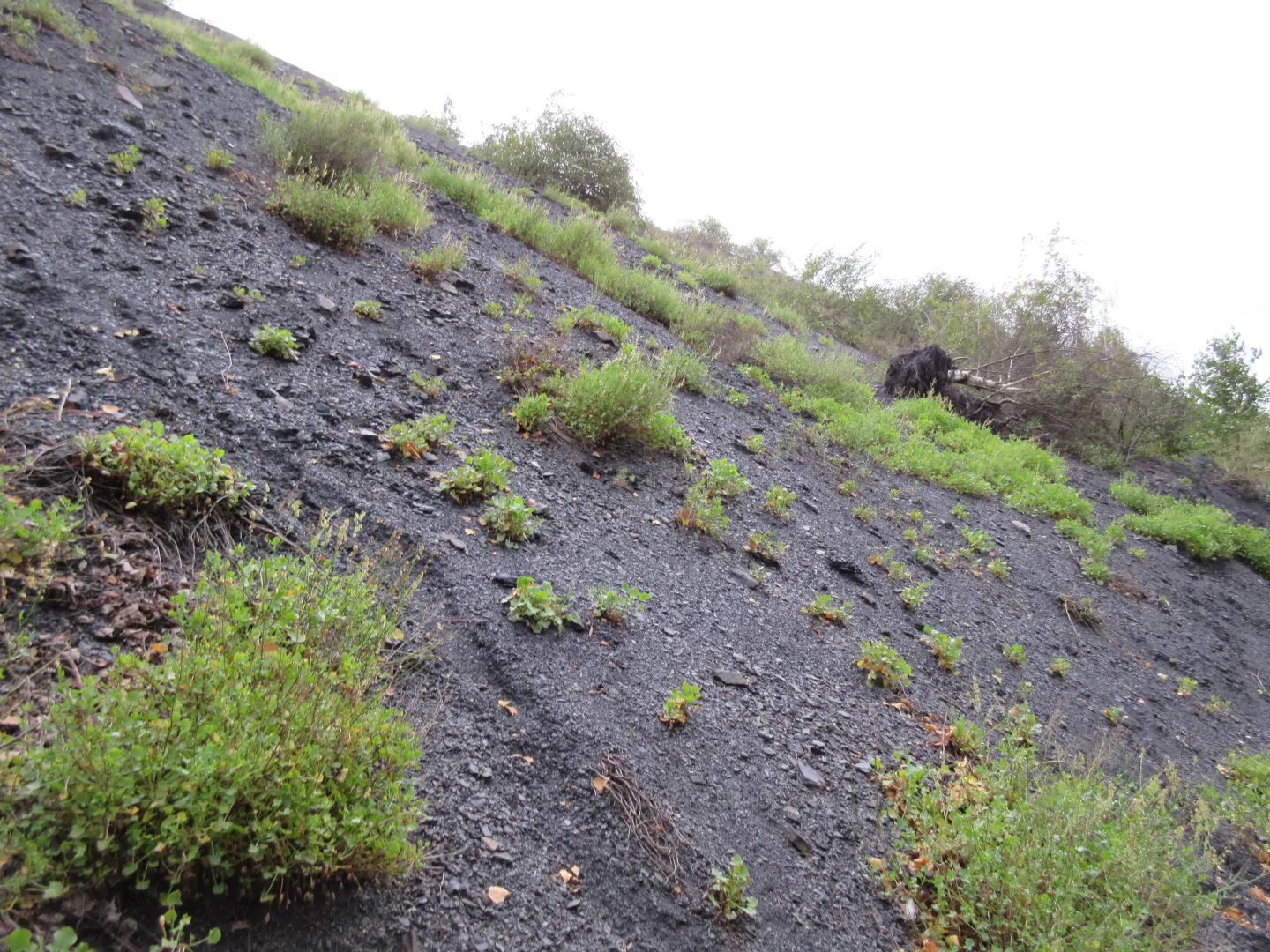Together with its sister companies, Roton Environnement and Belgarena, for over ten years now Setsj has been involved in a total industrial reconversion of the site of the old collieries, by developing its environmental activities and taking part in a voluntary initiative to promote environmental sustainability in accordance with the principles of European Regulation 2020/852.
Following the closure of the Roton colliery - the last in Wallonia - in 1984, and in the face of the inexorable decline of its activities in the field of coal for domestic use, in the early 1990s Roton SA opted in favour of a reconversion of the site to undertake new activities likely to respond to the growing needs of industry. So, at the end of 2004, it created a subsidiary, Roton Environnement, with the aim of acquiring and developing know-how in the processing of industrial residues (fine particles of iron and steel and foundry sand) with a view to their reuse, reduction or decontamination.
Over the next ten years, the Roton group consolidated its activities and drew up a development plan based on four main axes:
- the depollution of sand and soil (Belgarena SA),
- the recovery of materials from the demolition of buildings and civil engineering structures to produce recycled pellets or technosols (Belgarena SA),
- the recovery of depolluted soil and the redevelopment of the Saint-Jacques slag heap in Farciennes (SETSJ SPRL);
- the industrial drying of fine metallic materials (Roton Environnement SA).

